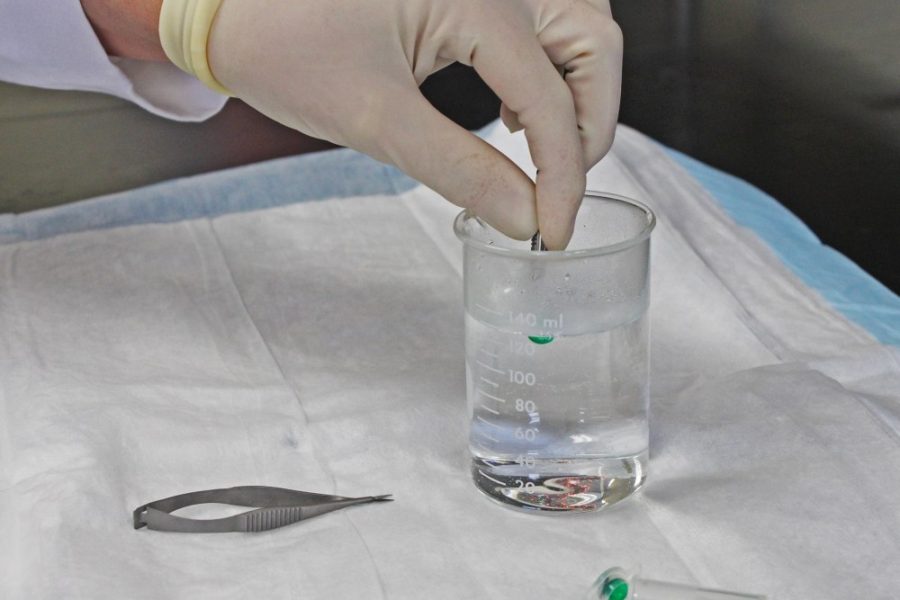College of Science will start allowing those outside the UA community to audit select science classes through the Community Science Scholars Program. This will give non-degree-seeking individuals access to current scientific research and information.
Offering these seats will not interfere with UA undergraduates’ ability to enroll. The auditing positions will consist of unfilled spots in pre-existing classes.
Students who are taking advantage of this program will pay $450 to participate in a three-unit class. In addition to this fee, students will receive access to UA Libraries, UA Campus Recreation, a UA email account and a CatCard for an extra $25.
Students auditing these classes will participate in class lectures and discussion sections but will abstain from turning in written work and receiving grades.
The program was conceived from the idea that bringing in individuals who possess different educational backgrounds and life experiences would add valuable diversity to the classroom.
RELATED: Noam Chomsky joins UA as laureate professor in linguistics department
“Someone who is older and more experienced in the world has a different perspective to offer,” said Jessica Dennis, administrative associate and coordinator of the Science Scholars Program. “It is a platform to create interesting in-class discussions, where [there] might just have been a student group otherwise.”
The catalyst for the program was the Tucson community. The UA holds a spring lecture series in Centennial Hall, which has been filled to capacity in previous years. However, these lecture series are mere glimpses of the information covered in a semester-long class.
“These lectures are great, but how about a whole class?” said Chris Impey, associate dean of the UA College of Science.
Recognizing this need, Impey put in a request to allow individuals to audit classes in the college of science, as they are able to in other UA colleges. Currently, the program consists of around 25 classes; Impey expects the program to expand quickly now that the mechanism to enroll students is set up.
RELATED: Super Cool News: How to get through the new semester blues
“It’s part of an outreach thing,” Impey said. “The university’s relationship to the community is important, and the science-oriented public really cares about what’s going on in our departments and research.”
These classes also give lifelong lovers of learning the opportunity to study a more diverse range of subjects than they previously had access to.
“Before you retire, you are a student, you have to become proficient in one thing,” said John McCauley, a student participating in this new opportunity. “Now I am able to say I want to learn more about science because it’s something that always interested me.”
The program is expected to expand based on requests from the public. If individuals are interested in a specific class or subject, opportunities to audit may open. Applications to participate as a non-degree-seeking student are open until Sept. 5.
“Once you retire, you can satisfy that curiosity you always had but didn’t have much time to pursue,” McCauley said.
Follow the Daily Wildcat on Twitter.









